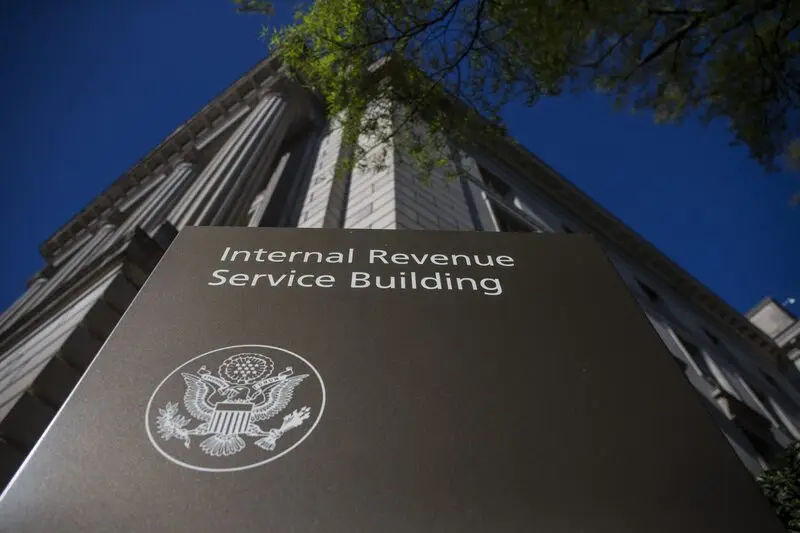An extremely important development for Americans, the Internal Revenue Service (IRS) has delayed crypto tax reporting requirements until 2026. Specifically, the agency’s cost-basis rule has been delayed in what is certainly good news for cryptocurrency investors operating in the United States’ unclear regulatory environment.
That uncertainty is expected to change greatly this year. With the return of US President-elect Donald Trump, the first pro-crypto administration is set to take over the White House. The delay in reporting requirements grants even more time for that regulatory standard to be established.
JUST IN: IRS delays crypto tax reporting requirements until 2026.
— Watcher.Guru (@WatcherGuru) January 2, 2025
Also Read: IRS Says Crypto Staking is Taxable
IRS Crypto Tax Reporting Requirement Gets Year Delay Amid Ongoing Challenges
For a myriad of reasons, 2024 was a landmark year for cryptocurrencies. The United States alone, despite its oppositional stance to the asset class, approved the first crypto-based ETF in its history. Moreover, Bitcoin surged to a six-figure price for the first time ever.
The health of the industry has maybe never been better. Yet, its potential and growth trajectory have also never looked as promising. However, there is still regulatory uncertainty and a lack of clarity abounding, which has led the IRS to delay a crypto tax reporting requirement until 2026.

Also Read: Bitcoin Investor Sentenced to Prison in First Crypto Tax Evasion Case
The agency has temporarily halted its incoming crypto cost-basis reporting requirement rules. Indeed, the move is set to help several investors, as there were expected increased liabilities to be present this year. Altogether, the decision highlights two key factors. Firstly, the complexity of crypto tax regulation; secondly, the belief that it will greatly change in the coming year.
The rule itself mandates crypto exchanges utilize the First In, First Out (FIFO) capital gains calculation method. With the rule now delayed until December 2025, brokers will be given more time to prepare accordingly. Moreover, it provides more time for the IRS itself to adjust to the ongoing shifts taking place amid the mainstream acceptance of the cryptocurrency industry.






